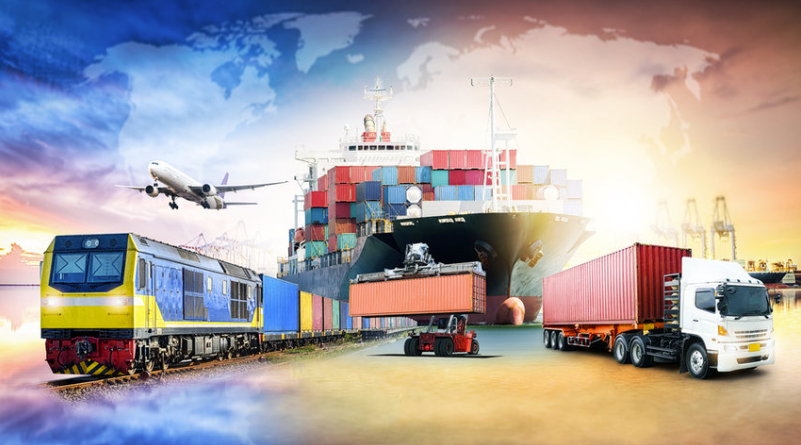Collaboration and support for the freight industry

Logistics is a team sport - and in the Western Cape, we’re playing to win.
A safe, sustainable, and efficient freight system cannot be built in isolation. It requires the combined efforts of government, industry, academia, and the communities we serve. That’s why the Western Cape Mobility Department (WCMD) works hand-in-hand with a wide range of partners across the public and private sectors.
Why Collaboration Matters
Every role-player brings unique strengths and insights. By working together, we can:
- Improve road safety and freight compliance
- Boost export competitiveness and reduce logistics costs
- Drive economic growth and job creation
- Align freight infrastructure with long-term spatial and environmental planning
- Support research and innovation in transport and logistics
Our Partners Include:
- National, Provincial and Local Government – for infrastructure planning, policy alignment, and security
- State-Owned Entities – like Transnet and South African National Roads Agency SOC Limited (SANRAL) for critical road, rail, and port logistics
- The Private Sector – including logistics providers, producers, and exporters to ensure market-driven solutions
- Academia & Research Bodies – like Council for Scientific and Industrial Research (CSIR) and Transport Education Training Authority (TETA) for data-driven innovation
- Other Provincial Departments – for rural development, agriculture, economic planning, and project delivery
Together, we’re creating a freight system that connects people, products, and possibilities.
Download our Collaboration Map for a full view of the freight collaboration network.
Collaborative Solutions for Port Logistics
To help tackle the operational challenges at the port, the Western Cape Mobility Department (WCMD), in partnership with the Department of Economic Development and Tourism (DEDAT), established the Port of Cape Town Logistics Development Project Management Unit (PMU).
The PMU serves as a central coordination body to drive collaboration, improve performance, and strengthen the port’s role in growing the province’s economy. It brings together key stakeholders — including government, transporters, port authorities, and industry partners — to identify and implement practical solutions.
Supporting Collaboration Through the Transporter Representative Organisation (TRO)
One of the key ways the Western Cape Mobility Department is promoting collaboration at the Port of Cape Town is through the establishment of a Transporter Representative Organisation (TRO).
The TRO is envisioned as a unified platform representing all trucking companies operating at the port, from small independent operators to large logistics firms. Its purpose is to bridge communication gaps between transporters and port stakeholders, improve operational coordination, and support more efficient movement of goods through the port.
Fragmentation among transporters has long posed challenges to smooth port operations. By creating a single, structured voice for the sector, the TRO can:
- Foster better communication between truckers and port operators
- Support collaboration across the transporter community, regardless of size
- Encourage shared accountability and the adoption of best practices
- Promote responsible driver behaviour
- Help address transporter-related bottlenecks at the port
In October 2024, the Department hosted a stakeholder workshop to explore the feasibility of the TRO. This interactive session brought together a wide range of stakeholders including private transporters, Transnet, City of Cape Town, Western Cape Government, and industry associations such as The South African Association of Freight Forwarders (SAAFF), The Road Freight Association (RFA), The South African Maritime Safety Authority (SAMSA), and The South African Transport Alliance (SATA).
Through open dialogue, group discussions and polls, the workshop generated valuable insights on:
- The most pressing transporter challenges at the Port of Cape Town
- The potential role and services a TRO could offer
- Ways a TRO could improve performance and coordination
- Funding models and membership options
- Risks and concerns around implementation
The initiative demonstrates the Department’s commitment to strengthening partnerships, solving challenges collaboratively, and building a more efficient and competitive port system in the Western Cape.
